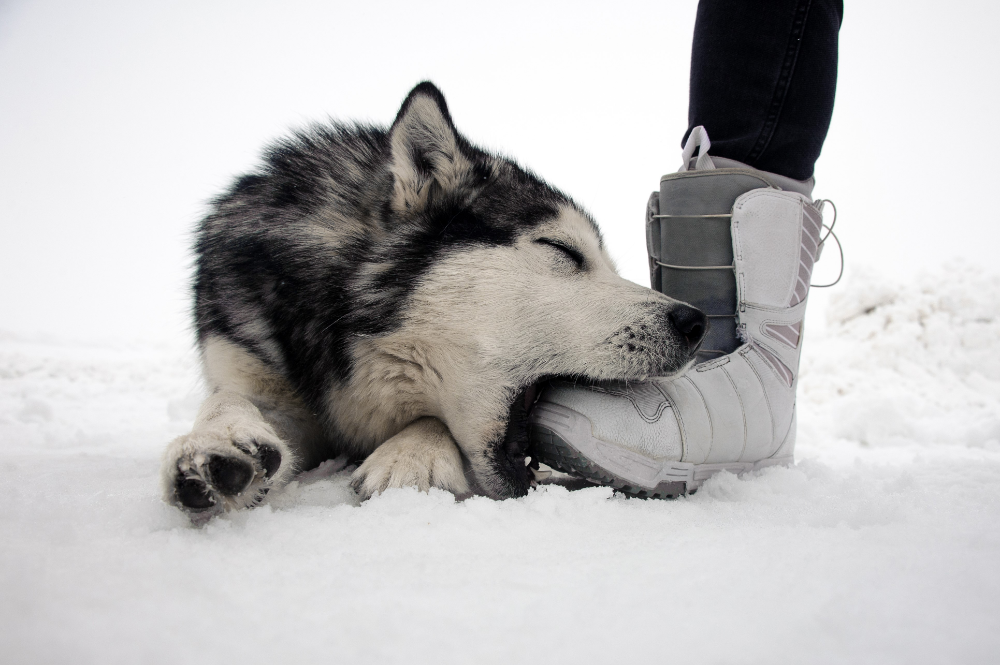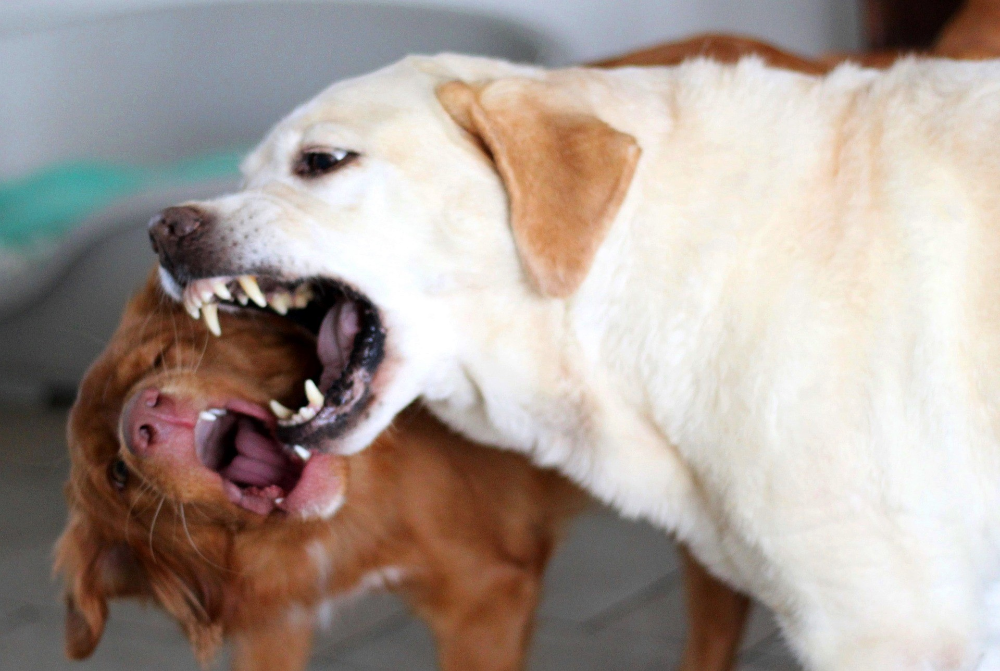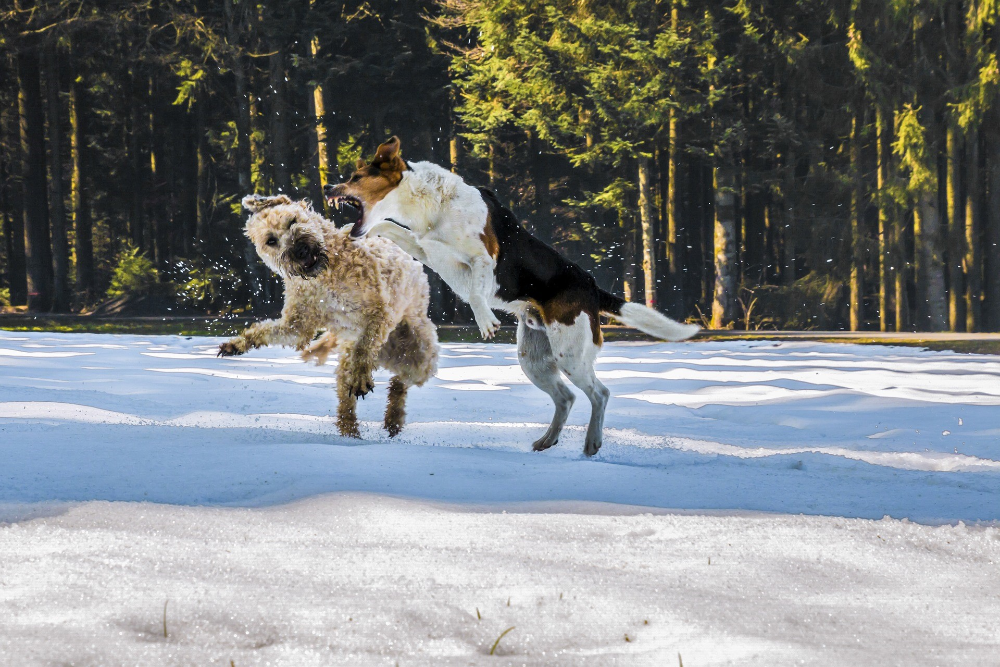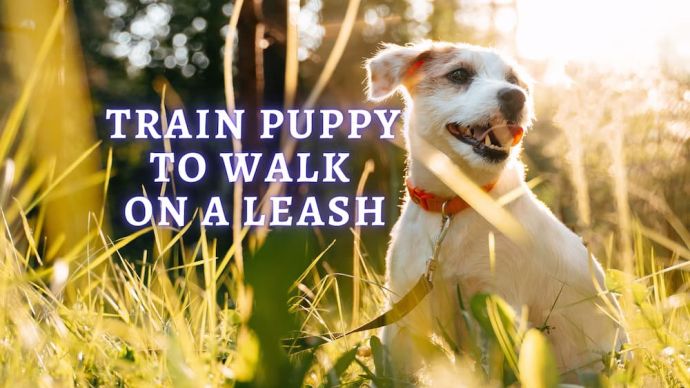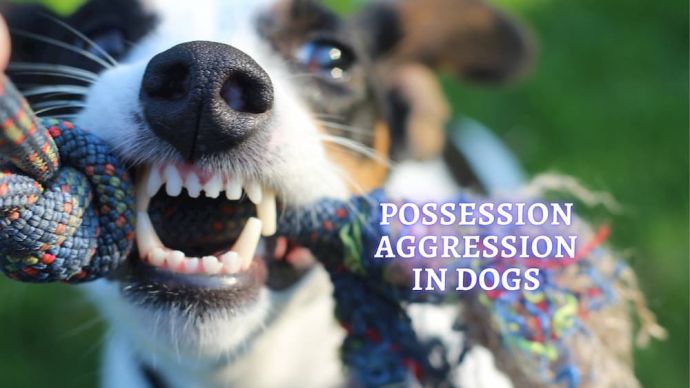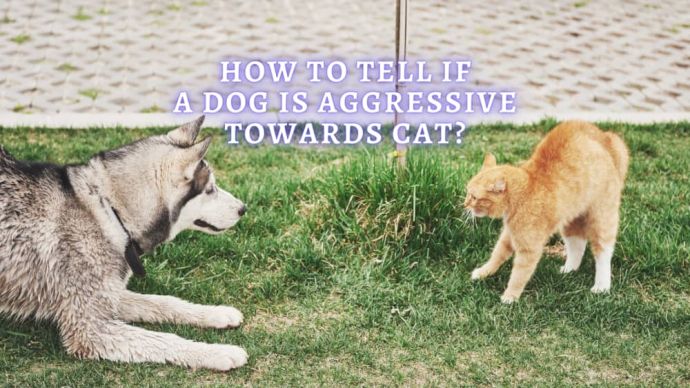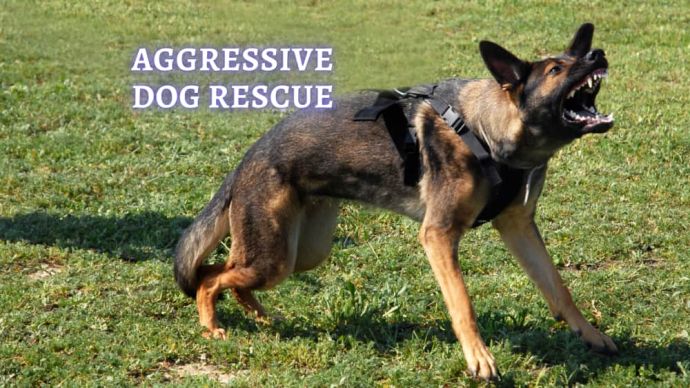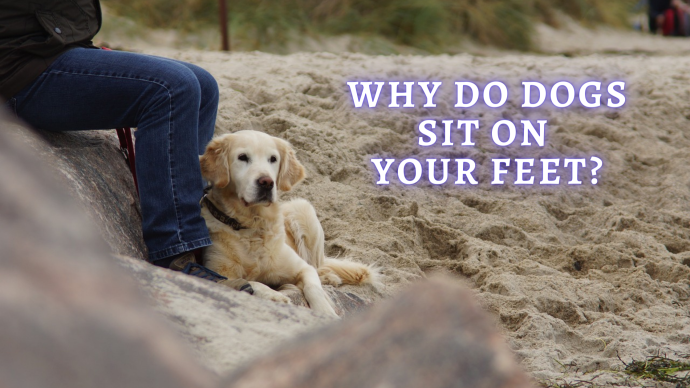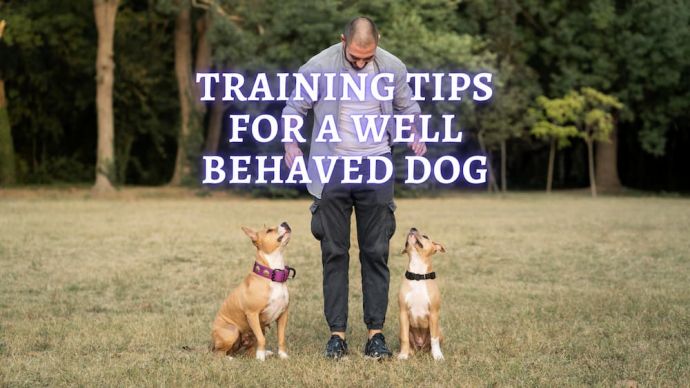What to Do If Your Dog Bites Someone?
Written by:
Author: Alina Andreeva
Alina A. is a professional writer, editor, and pet-lover. She has published over 50 articles on how to care for pets properly. Alina has been writing articles for 3 years, so she has considerable experience in this niche. Her natural curiosity helps her to expand her knowledge and learn new pet care life hacks, which will make your life much easier.
View all 79 articlesLearn about our editorial process and veterinary review board.
Viewed: 139
Updated on: 01/29/2021
Dogs are loyal and reliable, but there are situations when they bite their owners, other family members, or strangers. In most cases, pets do not make a point in doing this. This issue is especially pressing for the owner when there is a kid in the house. You will need patience, attention, and self-discipline to correct the dog’s behavior. Before you start to train an aggressive animal, let’s study the reasons for such action.
Causes why do Dogs bite
There are several leading causes of aggressive dog behavior:
- Lack of training. The main reason for aggressive behavior in an adult animal is improper training or its complete absence. Often, owners do not train their pets at all, so their character forms chaotically. It is necessary to begin training from birth to avoid the violent behavior of adult dogs.
- Early age. A puppy may show unconscious aggression towards other dogs or its owner due to its young age. The animal does not realize the danger of its behavior, perceiving its actions as a game. It is recommended to start training the pet immediately after it appears in the house. The dog actually bites from birth. The task of training is to develop an understanding of its actions and some restrictions on them.
- Breed. Some dog breeds are more prone to aggression, and you must consider this when choosing a pet. Fighting and hunting dogs require specific training, so it is quite challenging to do without professional help.
- Fear. When a dog is scared, its instinctive behavior is to protect itself by biting. Animals, like people, have different tempers. When in doubt of physical punishment or facing high stress, for instance, a dog may bite. The survival instinct comes into play, and the dog can injure a person.
- Pain. When the dog is ill or injured, and you touch its sore spot or organ, the dog instinctively tries to relieve the pain. The only way the pet can do this is to use its teeth.
- Nervous Overexcitement. Nervous collapse is a medical condition that passes after consultation with a veterinary physician. Overexcitement may appear after a long, very active game, and, absorbed in playing pet does not notice that it can cause pain.
- Desire to grab attention. A dog is a social pet and emotionally dependent on the owner. Often, when the owner focuses his/her attention entirely on another pet, the pet feels an upsurge of jealousy and, using its teeth, tries to steal the spotlight.
How to stop Puppy Bites?
When trying to wean a puppy from biting, apply a series of rules. A simple list will be prevention for a growing puppy.
- The pet should not be allowed to play with the owner’s items, whether it be clothing or just personal belongings. If a puppy grabs the arm, sleeve, or trouser-leg during a game, stop the game and leave the dog’s field of vision. A demonstrative gesture is enough for intelligently developed breeds to stop biting. Just stand motionless. The pet will become bored, calm down, and loosen its grip.
- Pet must clearly understand its place, even if it is an ordinary bed in the hallway of the apartment or in the corner of the room. For a large animal kept in a private house, purchase an aviary or booth. In a harsh tone, send a biting puppy to its place, interrupting the game.
- A puppy is like a baby – it needs toys not to bite the owner and the surrounding furniture. If the puppy begins to eat, slowly open the jaw and point to the toy. By a gesture, the owner lets the puppy know that it can crunch only a toy.
The above-mentioned preventive measures are not a cure-all. Change them to the requirements of individual breeds that need a robust approach. This applies to the mentioned fighting breeds. Without proper training, dogs may become dangerous to the owner’s family and society. If the dog has never bitten before, but for no reason has started, then the source of the problem lies deeper. A possible cause is a response to the owner’s spanking.
How to stop adult Dog bites?
Weaning an adult pet is more difficult. Not all dog breeders train a puppy correctly. If an adult dog bites during a game, this is a serious problem. Note the rules to be followed:
- Avoid games in which the pet may bite.
- If a dog bites in a fit of playfulness, carefully open its jaw. No physical punishment towards the animal!
- A pet, as a rule, treats the owner’s family with respect and sincere love. Show that it hurts. Squeal when the pet bites and pretends to cry. Get up and walk away from the animal. The method is effective for the re-education of the dog. The pet realizes that it has hurt the authoritative and beloved owner.
- The animal sometimes does not perceive the owner as a leader. The specified gap in training is pervasive. The pet will require serious training, and it will understand that the owner is a leader. Otherwise, the pet will get used to regularly biting in the game, and for no reason. If you notice the problem, it is important to deal with the issue of dominance, and if necessary, contact a cynologist.
You can change an adult dog, but only partially. An adult animal, like a grown-up person, is challenging to reeducate. It is possible to lay the psychological foundation of the pet up to a year. You have to make every effort to gain credibility in the eyes of a pet. Dominance is the central theme of the training. If the dog does not respect and consider the owner’s authority, its behavior will become merely unpredictable.
What should I do if my Dog bites another Pet?
Hierarchical relations within a pack of animals is based on dominance and submission. The owner must understand what aggressive behavior, postures, gestures, leadership, and submission mean and what role they play in the formation and maintenance of such hierarchical relationships. Hierarchical relationships regulate the access of pets to limited resources – food, places of rest, partners, etc. – and, as a rule, allow the avoidance of dangerous conflicts.
The owner of the dog must understand that problems of this kind in the relationships between animals living in the same family are quite reasonable in some instances. Serious conflicts indicate the instability of hierarchical structures. It is necessary to take steps aimed at the formation of such arrangements.
If there are signs of violent behavior, follow these rules:
- Never leave dogs together unattended
- For several months, train a pet to follow four basic commands: come, sit, stay, down.
- Do not pet an aggressive pet, do not talk to it to calm it down, and do not distract its attention with games or treats
- Exclude the possibility of both dogs getting into a rivalry situation (for example, during feeding)
- Every day for several hours, tie the dogs in opposite corners of the same room. Feed the dogs and reward them often enough for following commands in this situation. When the pets begin to get used to each other and calmly and peacefully behave in each other’s presence, they gradually reduce the distance between them. You must do it within a few days. The rest of the time, you should keep dogs separately.
What should I do if my Dog bites a stranger?
If your pet bites a stranger, it may result in administrative liability or compensation for pecuniary and non-pecuniary damages. Therefore, it is crucial to socialize your pet.
After vaccination quarantine, you need to familiarize your dog with all the diversity of the world around it. A grown-up dog should not be afraid of the sounds of cars and people. It may behave aggressively towards strangers due to fear or stress from unknown, frightening odors.
You can teach even an adult pet to calmly accept passers-by. Do not be heavy-handed – it only increases stress. If the dog reacts negatively to a stranger, you should give the “leave it” command. When the pet calms down, you need to praise it and give a reward treat. If the pet has not responded to the management, you can give it any other power (for example, “down”) and this should drain focus from the irritant and switch its attention to the owner.
There are no dogs whose behavior you cannot correct (if it is not related to health). Everything is in your hands and depends only on your patience, skill, and desire. Remember, aggression is a very serious problem that can cause harm and pain not only to you but also to everyone around you. Make the effort and you will succeed.
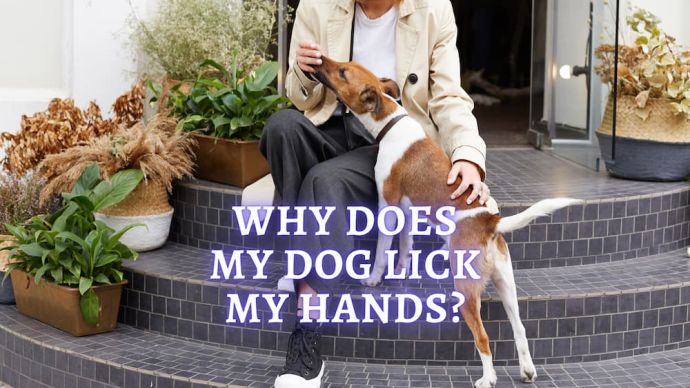 Dog Training Why Does My Dog Lick My Hands? Positive and Negative Signs Why Your Dog Licks Your Hands
Dog Training Why Does My Dog Lick My Hands? Positive and Negative Signs Why Your Dog Licks Your Hands - 128
- 0
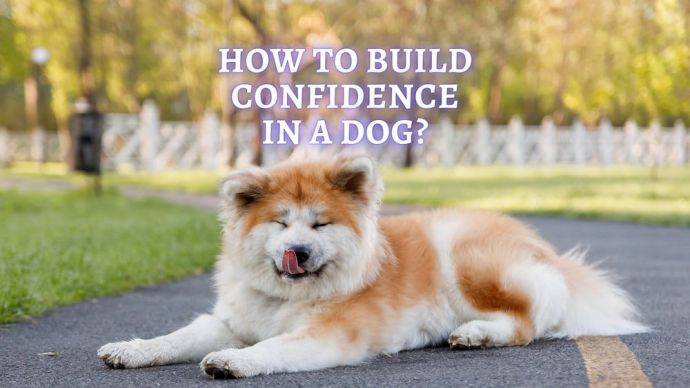 Dog Training How to Build Confidence in a Dog: 8 Ways To Improve Your Dog’s Confidence
Dog Training How to Build Confidence in a Dog: 8 Ways To Improve Your Dog’s Confidence - 82
- 0
 Dog Veterinary Tips Why is my Dog throwing up: Causes and Preventing (Veterinary Advice)
Dog Veterinary Tips Why is my Dog throwing up: Causes and Preventing (Veterinary Advice) - 21800
- 5
 Dog Care My Dog Keeps Scratching His Mouth: Reasons Why Your Dog Scratching Face
Dog Care My Dog Keeps Scratching His Mouth: Reasons Why Your Dog Scratching Face - 17170
- 1
 Dog Care Why Is My Dog Bleeding From Its Butt? Causes and treatment of rectal bleeding in the dog
Dog Care Why Is My Dog Bleeding From Its Butt? Causes and treatment of rectal bleeding in the dog - 15120
- 0









